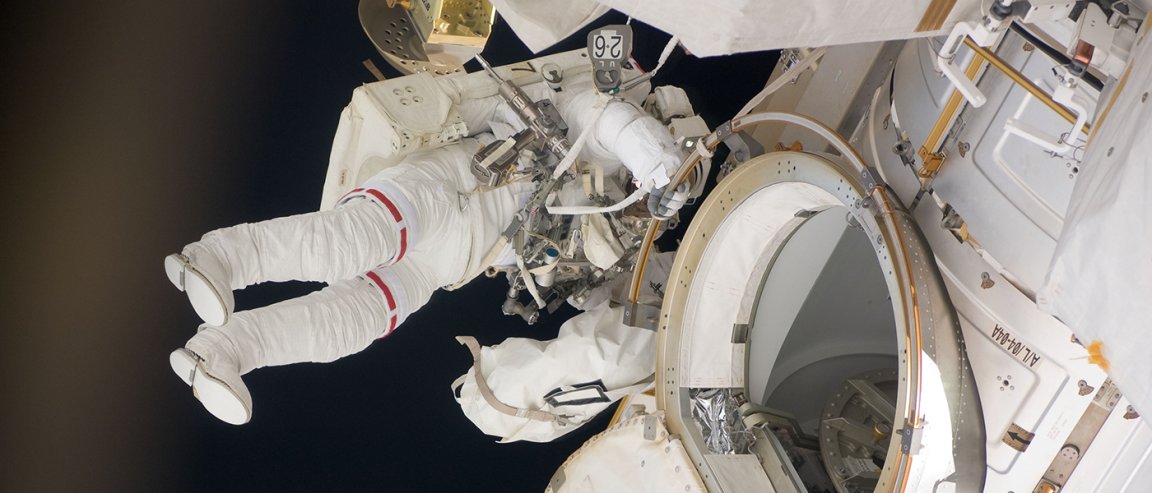
Risks From Cosmic Radiation
New research from scientists at the University of Nevada, Las Vegas (UNLV) shows that the cancer risk for astronauts undertaking long-term missions to Mars or any other destination beyond Earth’s magnetic field is actually twice what we previously thought.
In the past, researchers determined that exposure to the very high rates of ionization in the atoms that comprise cosmic rays damaged the cells in astronauts’ bodies, making them vulnerable to a range of health problems, including acute radiation syndromes, cancer, cataracts, central nervous system issues, and circulatory diseases.
The actual amount of risk has typically been assessed using conventional risk models that attributed the radiation cancer to DNA mutation and damage, and these previous studies involved much briefer periods of time than those that occur during long-term space missions.
The researchers in the UNLV study used a non-targeted effect model instead. This model, which shows higher cancer risk in bystander cells in close proximity to heavily damaged cells, reveals a cancer risk at least twice that of the conventional risk model.
“Galactic cosmic ray exposure can devastate a cell’s nucleus and cause mutations that can result in cancers,” UNLV researcher and space and radiation physics scholar Francis Cucinotta explained in a press release. “We learned the damaged cells send signals to the surrounding, unaffected cells and likely modify the tissues’ microenvironments. Those signals seem to inspire the healthy cells to mutate, thereby causing additional tumors or cancers.”
Combatting Cosmic Radiation
Any extensive time outside the Earth’s geomagnetic sphere will produce this much higher level of risk, and Cucinotta asserts an urgent need for additional research on human cancer risks and cosmic ray exposures prior to any long-term space missions. The results of this study will clearly affect the predicted efficacy of any already planned responses, such as radiation shields, so those must be reassessed, as well.

“Exploring Mars will require missions of 900 days or longer and includes more than one year in deep space where exposures to all energies of galactic cosmic ray heavy ions are unavoidable,” Cucinotta stated in the release.“Current levels of radiation shielding would, at best, modestly decrease the exposure risks.”
Cucinotta also addressed the moral dilemma we now face as we strive to colonize Mars and travel in space: “Waiving or increasing acceptable risk levels raises serious ethical flags, if the true nature of the risks are not sufficiently understood.” Indeed, we owe it to the astronauts willing to risk their lives to explore space to do everything we can to make sure they return home as healthy as when they left.